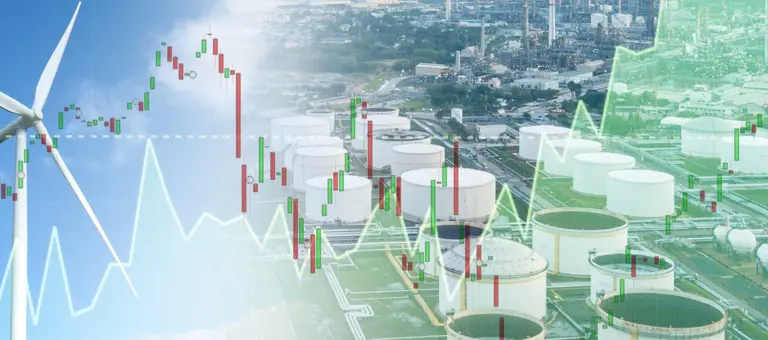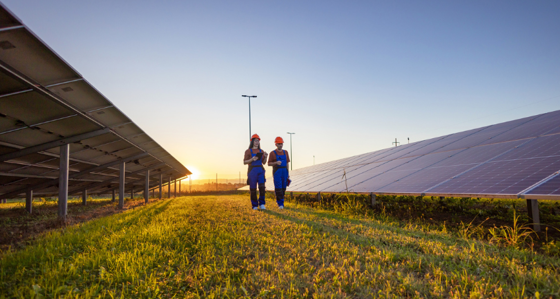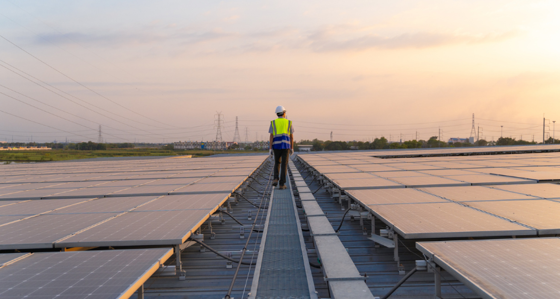
After COP26, what next for the oil and gas industry?
4 November 2021
Representatives of the 197 countries that are parties to the United Nations Framework Convention on Climate Change world will gather in Glasgow for the 26th meeting of the Conference of the Parties, or COP26 as it is better known.
They arrive at the meeting informed by the IPCC Sixth Assessment that human activity, principally the burning of fossil fuels, has led to global warming of 1.1oC, with changes to the climate seen in every region on earth. The IPCC states that limiting warming to 1.5oC is still possible, but only if we make strong, rapid, and sustained reductions to emissions now.
Agreements made in Glasgow will have a significant impact on the climate for generations to come. The emissions targets set will define the changes required to the world energy system and have direct consequences to oil and gas companies.
In this paper, we set out our insights on the challenges that climate change and the world response present to the oil and gas industry and make recommendations on how companies can analyse their physical and transition risks, mitigate their operational emissions, and create low-carbon businesses, such that they can thrive through the energy transition.
Key findings from the report include:
- Energy producers can make similar returns from renewables as they have made from oil and gas, with less risk. We believe the focus of energy companies should be on establishing a leading position in power generation as the most lucrative part of the low-carbon power value chain, as upstream is in the oil and gas value chain. We estimate the market size of this to be c.$240bn on a net profit basis in the US and Europe alone.
- Leading generation-focused global power companies are currently focusing on renewable energy and are achieving comparable financial performance to oil and gas investments, at c.10% ROACE. Therefore, we believe oil and gas companies can profitably enter this market.
- Establishing a renewables business can not only be profitable to oil and gas in the near term, but also provide a critical foundation to being a major player in the rapidly emerging green hydrogen fuel and electric vehicle markets. Given the scale of generation required and the time needed to take projects from development to operation, energy companies must start now.
For more information on Baringa's work in this area, please contact:
Andrew Mercer, Energy & Resources sector
E-mail: Andrew.Mercer@baringa.com
Related Insights

Dissecting the REMA decision
Three years in the making, the Review of Electricity Market Arrangements (REMA) decision has now been published: the UK Government has decided to retain the national wholesale price.
Read more
What might a reformed GB national power market look like under REMA?
Discover how a reformed national market is likely to include significant changes to current market arrangements, with material impacts for market participants.
Read more
Investing in uncertainty: European power market outlook 2025
Our latest outlook points to a more uncertain energy transition, shaped by political and economic volatility across Europe in the form of Trade Wars, Populism and Remilitarisation.
Read more
REMA and investing in GB power market under uncertainty
Learn about the opportunities and challenges of investing in the GB power market under uncertainty and how Baringa can help
Read moreIs digital and AI delivering what your business needs?
Digital and AI can solve your toughest challenges and elevate your business performance. But success isn’t always straightforward. Where can you unlock opportunity? And what does it take to set the foundation for lasting success?